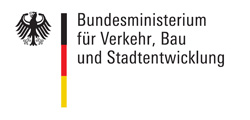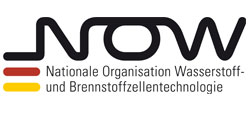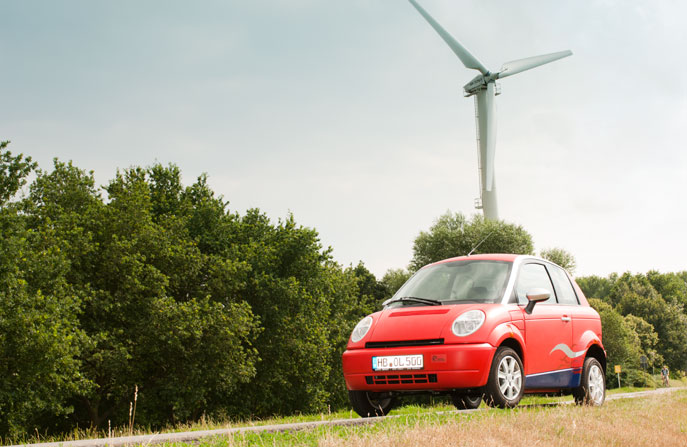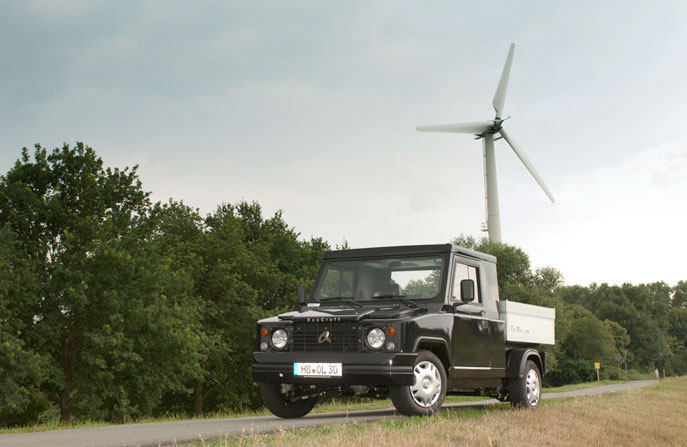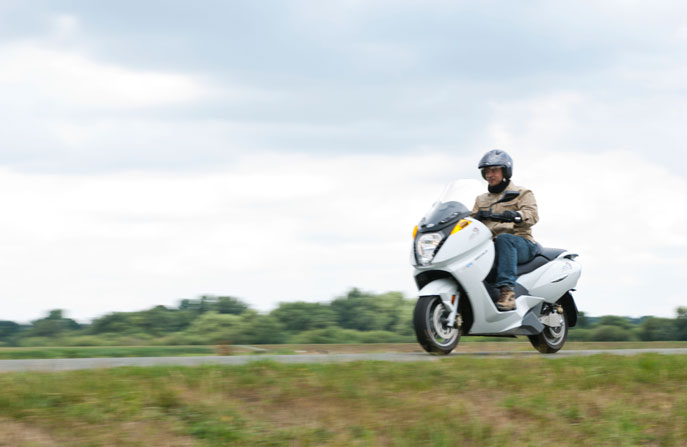Model Region Electric Mobility PMC: Module 3
Fleet Tests (focus on private user)
The aim of the project is to demonstrate the suitability of electric vehicles for daily use in a private environment. It is extended by the field “Electric Mobility: Experiences, recommendations for action, and concepts” as well as preparatory activities for the design of a Living-Lab “Electric Mobility”.
| Duration: | 01.03.2010 till 30.11.2011 |
| Donee: | German Research Center for Artificial Intelligence GmbH |
| Sponsor: |
Federal Ministry of Transport, Building and Urban Development
NOW GmbH |
| Grant number: | grant no.: 03KP5434 This project is funded by the German Federal Ministry of Transport, Building and Urban Development. The program coordination is carried out by the NOW GmbH National Organization Hydrogen and Fuel Cell Technology. |
| Application Field: | Electric Mobility |
| Related Projects: |
Model Region Electric Mobility PMC: Module 3
Fleet Tests (focus on commercial user)
(03.2010-
09.2011)
New Mobility in Rural Regions
Applied Electric Mobility – Technology Concepts – Mobility effects
(10.2010-
03.2014)
|
Project details
A central element of the projects combined in Module 3 “Fleet Tests” and proposed within the model region Electric Mobility Bremen/Oldenburg is to demonstrate the suitability of electric vehicles for daily use which is a prerequisite for a successful establishment of electric vehicles.
These tests have to consider the following core issues:
- Suitability of electric vehicles for daily use considering the specific requirements of the groups of people concerned.
- Acceptance of electric vehicles in these groups.
- Limitations of today’s electric vehicles in terms of the individual need for mobility.
- Correspondence of required and expected characteristics of these vehicles on part of the users.
- Considering the pros and cons of electric vehicles with respect to the groups of people concerned.
- Demands on future electric vehicles.
For the first phase of the project, fleet tests were planned with the following groups of people, in particular among the application scenarios ”Job”, “Leisure”, and “Shopping”.
The rides and experiences of the users were documented and evaluated in form of user profiles, complemented by a record of technical vehicle data, for example as to the state of the system and the state of charge, and, furthermore, by a questionnaire regarding satisfaction, acceptance, and potential for improvement.
The first project extension with the overall title “Electric Mobility: Experiences, recommendations for action, and concepts” contains the work packages:
- International comparison China: The Chinese market for electric mobility was evaluated and contacts were initiated to Chinese partners with the aim to compare electric mobility in China and in Germany, and as a result, to take strategic measures in order to stimulate and penetrate the national market.
- Innovative charging. In this work package, inductive charging technologies for vehicles were evaluated. The aim was to prove the feasibility by means of a demonstrator in a test and demo area.
- Vehicle concepts: This work package deals with the design of a concept vehicle taking advantage of the potentials of electric mobility. By moving the motor drive to the wheels, which is in the focus of the design, additional functionalities in terms of usage and user can be housed.
Part of the second extension is a Living-Lab Electro Mobility at the DFKI-location in Bremen which will be open to the public.

